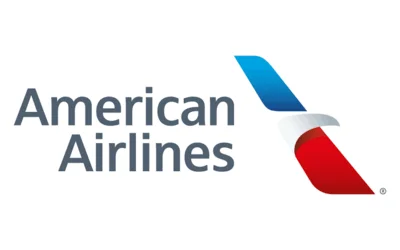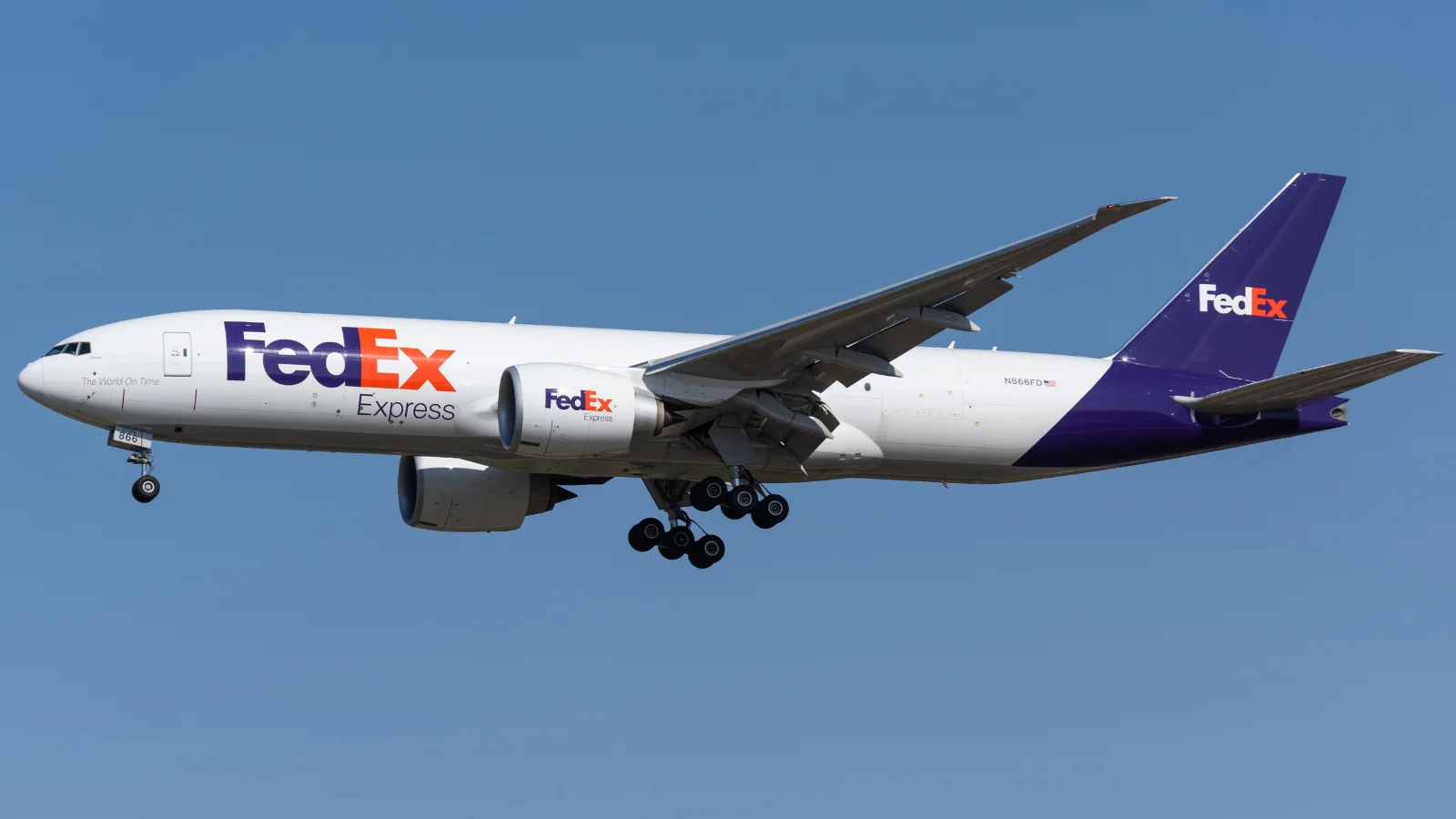The landscape may change with Airbus’s new A350F freighter. The aircraft is designed to address rising concerns about emissions and fuel efficiency. "The A350F will be one of the world's first freighter aircraft designed to meet ICAO's 2027 CO2 emission standards," according to Airbus. The company claims that the model will offer a 40% reduction in fuel burn and CO2 emissions compared to older planes like the Boeing 747-400F.
Boeing’s dominance faces its first real challenge as operators seek alternatives that align with new regulatory standards for carbon emissions and lower operating costs. The Airbus A350F aims to provide a competitive option with updated technology.
The A350 program began after Airbus formally launched it in December 2006; Qatar Airways was its initial customer. The aircraft entered commercial service in January 2015 between Doha and Frankfurt after receiving EASA certification in September 2014. Nearly 700 units have been produced since then.
Development of the dedicated freighter version—the A350F—was announced at the Dubai Airshow in July 2021. Supply chain disruptions delayed entry into service from an original target of 2025 to at least early 2027. These delays also led Air Lease Corporation to cancel its order; CMA CGM Air Cargo became the launch customer instead.
Certification efforts focus on compliance with ICAO’s upcoming CO2 emission rules, using features such as a lightweight carbon fiber fuselage and Rolls-Royce Trent XWB engines. Over half of the aircraft structure uses composite materials, contributing to reduced weight.
Key specifications include a length of over 232 feet, wingspan exceeding 212 feet, maximum takeoff weight of more than 703,000 pounds, cruise speed around 488 knots (561 mph), range up to approximately 4,700 nautical miles (5,400 miles), and a service ceiling above 43,000 feet.
Inside the cockpit are avionics similar to those found on Airbus’s larger passenger jets—six display screens arranged centrally—with head-up displays and enhanced navigation systems.
Several major airlines have already placed orders for the A350F: CMA CGM Air Cargo (launch customer), Singapore Airlines (to replace aging Boeing freighters), Air France—KLM (for long-haul modernization), Etihad Cargo, Turkish Airlines, Cathay Pacific Cargo (which ordered six units), as well as leasing companies like AviLease from Saudi Arabia.
With more than fifty firm orders secured before entering service, industry analysts see potential for this model to significantly alter market dynamics previously dominated by Boeing.
 Alerts Sign-up
Alerts Sign-up




































